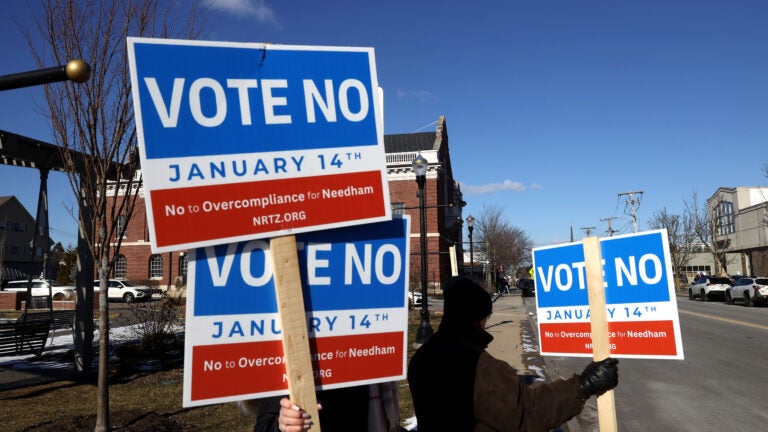Will the requirements radically change communities?
I want to expand on this to again reiterate that not only is the MBTA communities act not destroying neighborhood character, it's a small course correction to the exclusionary practices of the past several decades that have decimated the character of most municipalities across the commonwealth.
In 1980, 20.2% of the state's residents made enough money to buy a home in Belmont. 15.3% made enough to buy a home in Wellesley. By 1990 that was already down to 3.2% and 1.9%, respectively. (source - Federal Reserve Bank of Boston, 1995). That is changing the character of a community. This is a very small, inadequate step towards course correction.


